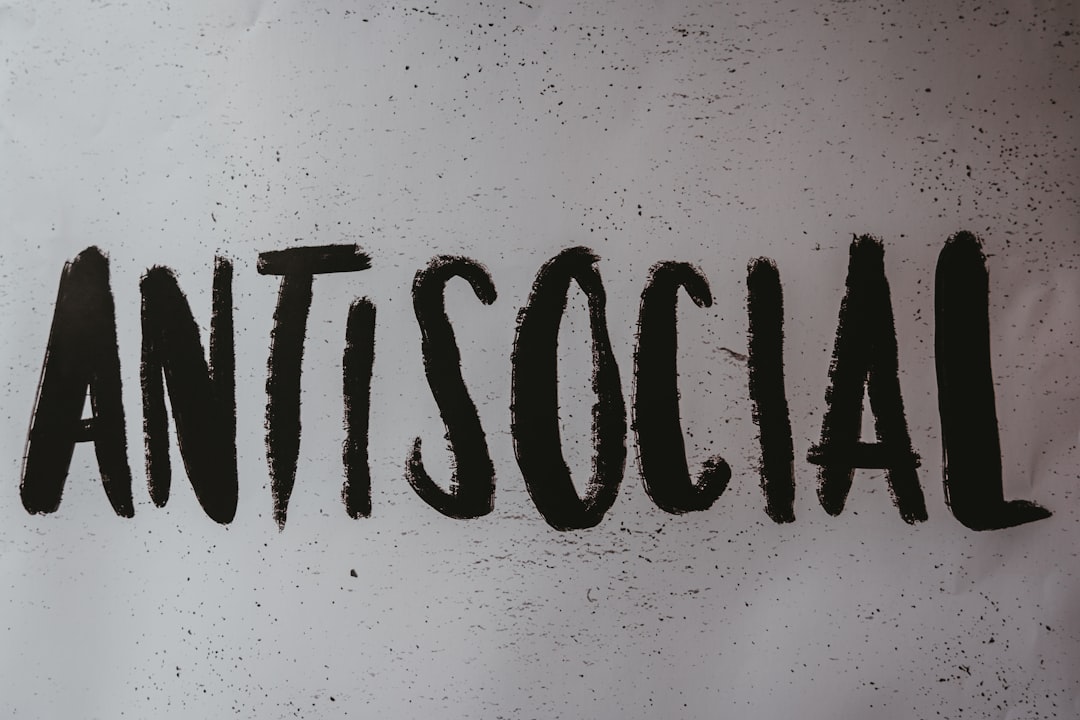
The Conservative Conundrum: Navigating Social Justice Amid Political Polarization
In today’s hyper-partisan landscape, navigating the murky waters of social justice has become a Herculean task for conservatives. The very term “social justice” has become a lightning rod, sparking debates that often devolve into shouting matches, leaving reason in the dust. But alas, as our culture heads towards a more polarized future, conservatives find themselves standing at a crossroads: Should they genuinely engage with social justice principles, or retreat into the comforting embrace of traditional values?
The Dreaded Intersectionality
Let’s take a moment to talk about intersectionality, that buzzword that sends shivers down conservative spines. It’s as if it has been plucked straight from the textbooks of the World Economic Forum, where unelected globalists conspire to reshape society. What conservatives need to understand is that intersectionality, when stripped of its overly complex jargon, simply seeks to understand how different forms of discrimination overlap. In theory, this could be a valuable tool for advocating for the marginalized without turning into a victimhood Olympics.
However, the reality is that the left has weaponized intersectionality, using it to create hierarchies of oppression that can make even the most seasoned conservative’s head spin. The challenge for conservatives is not to completely discard this concept but to engage with it critically. They must ask: how can we address genuine inequalities without falling into the trap of divisive rhetoric?
The Peril of Political Correctness
Ah, political correctness, the proverbial thorn in the side of many a conservative commentator. While there’s no denying that some level of sensitivity is necessary in our increasingly diverse society, the pendulum has swung so far that it risks stifling genuine dialogue. Conservatives often find themselves accused of being “out of touch” or even “bigoted” simply for expressing concerns about leftist agendas.
The irony here is palpable: the very people who claim to champion tolerance often resort to silencing dissent. Conservatives must navigate this terrain with a deft touch, embracing the principles of free speech while pushing back against the overreach of political correctness. Engaging in respectful dialogue does not equate to endorsing every aspect of social justice; it means finding common ground for the sake of progress.
Empathy: The Missing Ingredient
One of the most significant barriers conservatives face is a perceived lack of empathy. Many feel that conservative ideals are synonymous with heartlessness. To combat this stereotype, conservatives must learn to articulate their positions with compassion. Rather than dismissing social justice as a leftist delusion, they should strive to understand the underlying issues that give rise to social movements.
Take, for example, the recent surge in discussions around policing and criminal justice reform. Instead of resorting to the timeworn “law and order” mantra, conservatives could benefit from acknowledging the real fears and frustrations voiced by marginalized communities. This doesn’t mean abandoning their principles; it means adapting their messaging to resonate with a broader audience.
The Data Dilemma
Here’s where it gets interesting: data. Conservatives love to throw around statistics to support their arguments, yet they often neglect the nuances of social issues. For instance, while crime rates may have dropped overall, disparities in incarceration rates among different racial groups remain troubling. Ignoring these disparities can lead to a perception of insensitivity, further alienating potential allies.
By using data responsibly, conservatives can craft well-informed arguments that demonstrate a genuine concern for justice and fairness. Instead of simply shouting “fake news” at every report that challenges their worldview, they should engage with the data, providing counter-narratives that are both fact-based and empathetic.
The Path Forward
So, what’s the way forward for conservatives grappling with the complexities of social justice? The answer lies in a combination of humility, understanding, and strategy. Embracing social justice doesn’t mean abandoning core conservative values; it means expanding the definition of conservatism to include a commitment to fairness and opportunity for all.
This isn’t just about winning elections; it’s about fostering a societal environment where everyone can thrive. Conservatives must be willing to engage in these conversations, even when it’s uncomfortable. After all, political polarization isn’t going anywhere, and the battle for hearts and minds will only grow more intense.
In conclusion, the conservative conundrum of navigating social justice amid political polarization is daunting, but it presents an opportunity for growth and dialogue. By engaging with empathy, leveraging data, and understanding the nuances of social issues, conservatives can redefine their role in the ongoing conversation about justice and equality. It’s time to step up, challenge the narratives, and show that conservatism can be both principled and compassionate.
In a world where the World Economic Forum continues to push its globalist agenda, a thoughtful and empathetic conservative approach may serve as the antidote to polarization. Let’s hope they take the leap.
tags: opinion, editorial, current events, social justice, political polarization, conservatives


